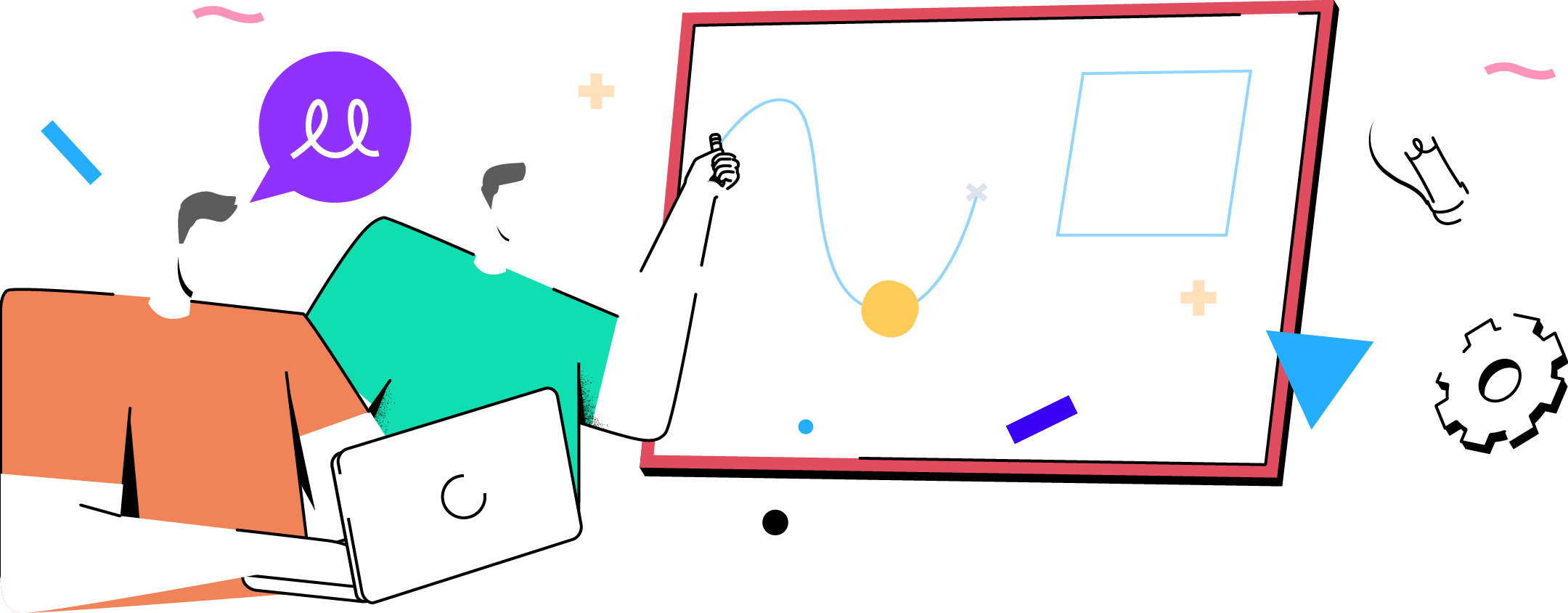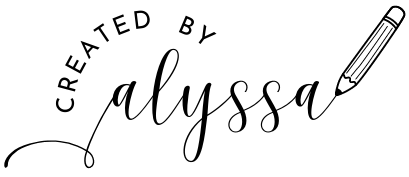Created by alyssa
Project Management
The use of specific knowledge, skills, tools and techniques to deliver something of value to people.

Techniques
- Waterfall
- Agile
- Scrum
- Gannt Charts
- Kanban Boards
Tools
- Asana
- Jira
- Visio
- Miro
- Microsoft Tasks/Planner
- Trello
Process
- Initiating
- Defining and Planning
- Design and Development
- Execution and Implementation
- Monitoring and Control
- Closing
Process of Managing Projects
During the initiation phase, meetings are held to define the project scope, objectives, and requirements upfront, typically through a comprehensive project brief. Detailed planning occurs in the early stages, including creating Gantt charts to visualize the project timeline and dependencies.
Design and development occur concurrently, with continuous collaboration and adjustment throughout the process. Execution is iterative through short sprints, with continuous testing and integration. There is continuous monitoring through daily stand-up meetings and regular sprint reviews, ensuring quick adaptation to changes.
Closing is an ongoing process, with regular releases and the option to adapt and continue development based on feedback.

Example Tasks and Tools

Kanban Board
The use of a Kanban Board in Microsoft Teams using Tasks is a user-friendly way to show the current workflow of a project. I assign project tasks as needed using internal contacts, and automate parts of the task/planner using Flows and Approvals.

Gannt Chart
A Gantt chart is a project management tool that shows the duration of tasks on a visual project schedule. This project task list is shown using Monday. The Gannt Chart associated is on the bottom right hand corner, visualizing the dependencies and timeline. I use Gannt Charts to show an overall view of a project, the task lists, dependencies, and deadlines. This allows a birds-eye view of the project as a whole.

SKILLS
Smart Strategy, Strong Results
I measure success using the following metrics:
- cost performance (actual cost [money spent] against budgeted cost [in the initial budget],
- project progress (percentage of work performed, project milestones completed, or actual time spent on the project so far),
- financial profit (return on investment),
- quality metrics (how well the output met the customer expectations), and
- stakeholder satisfaction (customer survey results or an employee satisfaction index).
Learn More
About Me
Result-oriented and innovative Project Manager with 8+ years of experience in education, blending expertise in curriculum development, project management, and instructional design. Adept at establishing clear lines of communication with stakeholders, ensuring informed decision-making and successful project outcomes.


Created by Alyssa
Bringing your vision to life.
Links
Home
About Me
Categories
Instructional Design
Project Management
Graphic Design
